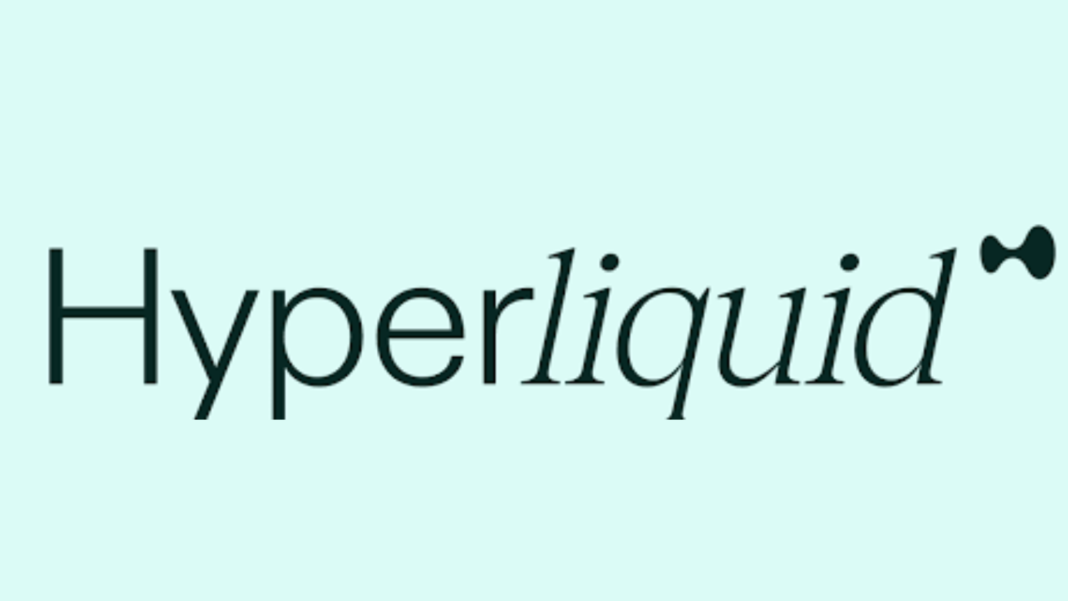Earlier today, on January 8, Hyperliquid issued a significant clarification regarding its validator selection process, addressing recent community concerns and misconceptions.
The blockchain project emphatically stated on X earlier today that validator positions were earned solely through testnet performance metrics, definitively rejecting claims that positions could be purchased.
The transparency initiative extends to their Foundation Delegation Program, which aims to strengthen network decentralization by supporting high-performing validators.
The platform has also clarified its API system’s flexibility, confirming that operators can run API servers pointing to any node, despite current example client code directing to specific servers.
These measures collectively demonstrate Hyperliquid’s commitment to maintaining a fair and decentralized network structure.
Technical Infrastructure and Development Strategy
The platform has taken a clear stance on several technical aspects of its operation, particularly regarding its development approach and infrastructure.
While currently maintaining closed-source node code, Hyperliquid has confirmed its intention to transition to open-source once development reaches a stable and secure state.
The project defends its single binary approach, noting its alignment with industry standards, including those of established networks like Solana.
The technical strategy reflects a balanced approach between rapid development and system stability, with the team emphasizing that their expansive project scope necessitates careful, measured progress toward full transparency and decentralization.
Security Challenges and Market Performance
Recent security concerns have emerged with Hyperliquid reporting losses exceeding $700,000 due to trading activities linked to North Korean hacker addresses.
The security challenge comes amid significant market achievements, including the platform’s record-breaking $15 billion daily trading volume and the successful launch of its native token, HYPE.
The token’s introduction on November 29 was particularly noteworthy, achieving a $1 billion market capitalization within its first hour of trading and later experiencing a 38% surge alongside the platform’s growth in global market cap to $10 billion.
Platform Evolution and Future Outlook
Hyperliquid’s development trajectory shows a clear focus on sustainable growth and ecosystem integrity.
The platform has taken a firm stance against the creation of black market activities for testnet HYPE, while simultaneously working to improve the onboarding process for new testnet participants.
These efforts, combined with the platform’s rapid expansion in trading volume and market presence, suggest a strategic balance between growth and security.
The project’s commitment to eventually open-sourcing its code, expanding its validator set, and maintaining high security standards indicates a long-term vision focused on building a robust and trusted financial infrastructure.
Also Read: Hyperliquid Launches Native Token HYPE, Gets $1 Billion Market Cap Within An Hour


